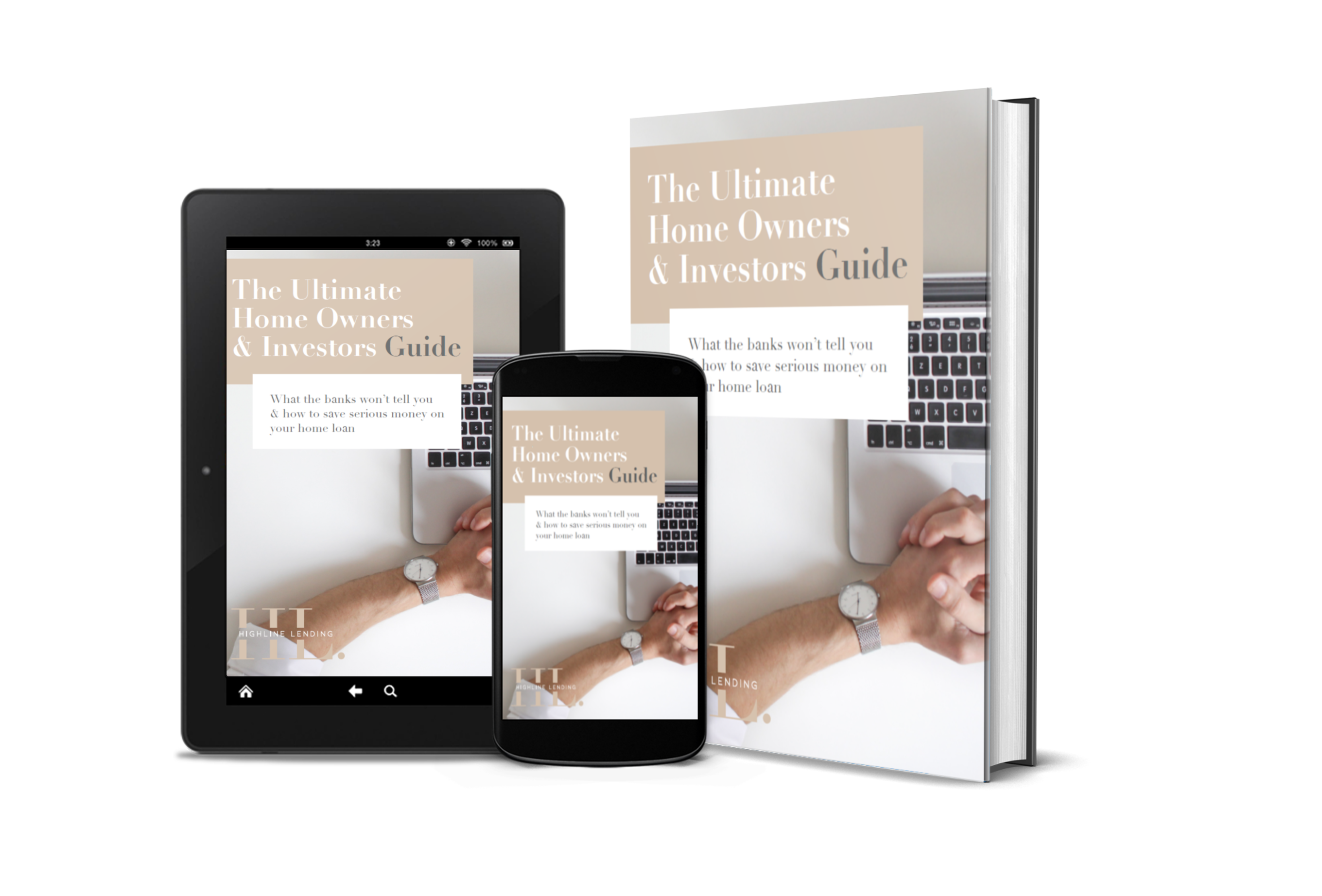Costs of Buying and Selling Property, What Are The Extra Costs?
When buying or selling property, you don’t just pay or receive the listed price and consider the transaction as being done. One meeting later with their real estate agent will make them postpone the purchase or sale and possibly forfeit their deposit. Don’t fall into this trap, it is vital to be up to date with the costs involved to both buying and selling property beyond the property price.
Costs of Buying Property
Naturally, we have to start with the beginning – namely, what you have to pay when buying property. Remember that the costs of buying property depend largely on its value.
Conveyancing and Legal Fees
In Australia, you can expect conveyancing and legal fees of anywhere between $500 -$2,000. Even though you could deal with the legal aspects of property purchase yourself and avoid the costs, it is highly recommended that you hire a conveyancer or solicitor.
They will prepare all the documents needed as well as give you advice and protect you from any expensive surprises. Also, keep in mind that the fees can go higher if the structure of the ownership is complex.
Stamp Duty
Stamp duty has to be properly taken into account when buying property, as it can cost tens of thousands of dollars. For example, a $1 million property can come with stamp duty close to $55,000.
The price of stamp duty depends on the value of the property, as well as the state in which you make the purchase.
Building and Pest Inspections
When selling a property, you may skip pest and building inspections. However, when you are about to purchase one, such inspections are believed to be money well spent.
Building and pest inspections usually cost around $200-$600 and will save you from possible future costs – for example, when you’ll have to deal with pests on your own. Your real estate agent, conveyancer or mortgage broker can assist you with this.
Mortgage Registration and Transfer Fees
The privilege to formally register your mortgage and to transfer the property into your ownership has to be paid as well.
For mortgage registrations, you can pay around $116 in Victoria, for example, or $187 in Queensland, while transfer fees can be as low as $141 or thousands of dollars, depending on the state.
Establishment Fee or Loan Application Fee
When taking out a home loan, you have to pay for its set up as well. A loan application is usually around $600, but the costs can go higher than $1000, depending on the lender and the type of loan.
Mortgage Insurance
If you buy property without a deposit of 20% or more, your lender will require you to have lenders mortgage insurance. In short, you pay more insurance if your deposit is smaller.
For example, a 10% deposit on a $500,000 home will require you to pay roughly $8000 in insurance.
Council and Utility Rates
Once you’re done purchasing the property, keep in mind that you will have to pay the vendor the council or water rates as well.
Costs of Selling Property
Selling property is not as easy as placing an ad on the Internet and waiting for the buy offers. It also doesn’t imply just receiving a lump sum of money from your buyer and heading straight home.
Just as with buying property, selling property comes with several costs that have to be taken into account as well.
Conveyancing Fees
As a seller, you can also expect between $500 and $2000 in conveyancing fees. As mentioned before, it is highly recommended that you hire a solicitor or conveyancer rather than dealing with the transfer of legal ownership yourself.
Marketing Costs
When it comes to marketing, you can spend as little as $1000, or go as high as $10,000! Obviously, the vendor will have to cover the cost of their property’s marketing campaign.
Each listing and marketing process is unique, as the vendor can choose to have a board out the front of the property, list it on certain websites, have photographs taken, create a floor plan, or engage in press advertising and copywriting. Usually, using a real estate agent will save you money as they have relationships with their marketing teams and get discounted rates, some real estate agents also offer complimentary marketing. We have relationships with these types of agents and are more than happy to make an introduction.
Agent Fees and Bonuses
Real estate agents come with two different fees. They first enjoy a fixed fee for the sale, regardless of what the property sells for. The second fee, also known as the percentage of sale fee, means that the agent will get a percentage of the final sale’s price.
The percentage of sale fee is usually around 1% to 3%, but it is heavily influenced by the property’s value, as well as by the business competition between real estate agents.
Lender Fees
Having a mortgage on the property that you are selling means that you will have to pay your lender an early exit or discharge fee. This will cost you around $150 to $1500 depending on your bank and how many split accounts you have. Keep in mind that the discharge process usually takes between 14 and 21 days.
The Bottom Line
As you can see, a seller doesn’t have to take as many costs into account as a buyer. However, they do have to deal with the real estate agent and marketing costs which can be quite significant.
For more information on loans, buying, or selling homes, feel free to contact us. We’re experts at helping our clients find the best loan for their needs, while guiding them through the entire process of searching for the right loan!
Contact us on on 02 9121 6247 or submit your scenario online.
